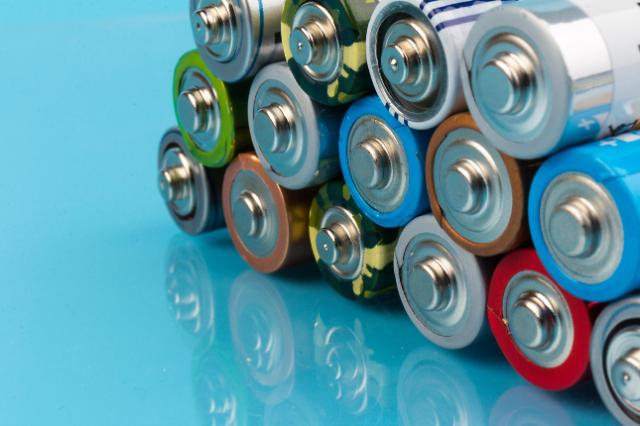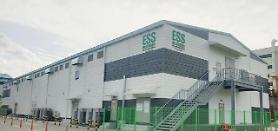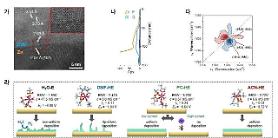
[Gettyimages Bank]
Secondary batteries, also known as rechargeable batteries including lithium-ion batteries, have become a key industry product that would shape the future of renewable energy. Secondary batteries are widely used in people's everyday lives. Large-capacity secondary batteries are mainly used to power electric vehicles (EVs) and to store energy generated by renewable energy sources. According to Emergen Research, a global market research firm, the global market for battery recycling will stand at about $24.57 billion in 2027 with an average annual growth rate of 5.3 percent.
Kumyang said in a statement on January 3 that the company partnered with Busan City to build a 180,000 square meter-wide secondary battery plant, which is the size of 27 soccer fields, in the eastern area of Gijang. About 800 billion won ($626 million) will be injected to build the factory by 2026.
In 2022, Kumyang developed a cylindrical secondary battery, which is known to deliver high energy density and great thermal stability compared to the other two cells -- prismatic and pouch cells. Cylindrical batteries are commonly used in the EV sector for their easy maintenance features. Unlike other battery packs that need to be replaced with a whole new pack when a cell fails, a cylindrical cell-based system can be repaired by replacing the faulty battery cell with a new one. Cylindrical batteries can also be produced at a much faster rate and are cheaper than other batteries.
South Korea has been focusing on the development of technologies that recycle discarded batteries as the number of EVs is rapidly increasing. The lifespan of batteries that are used in electric cars is about 10 years. The government predicts that about 67,200 EV batteries will be discarded annually in 2030.
Copyright ⓒ Aju Press All rights reserved.




